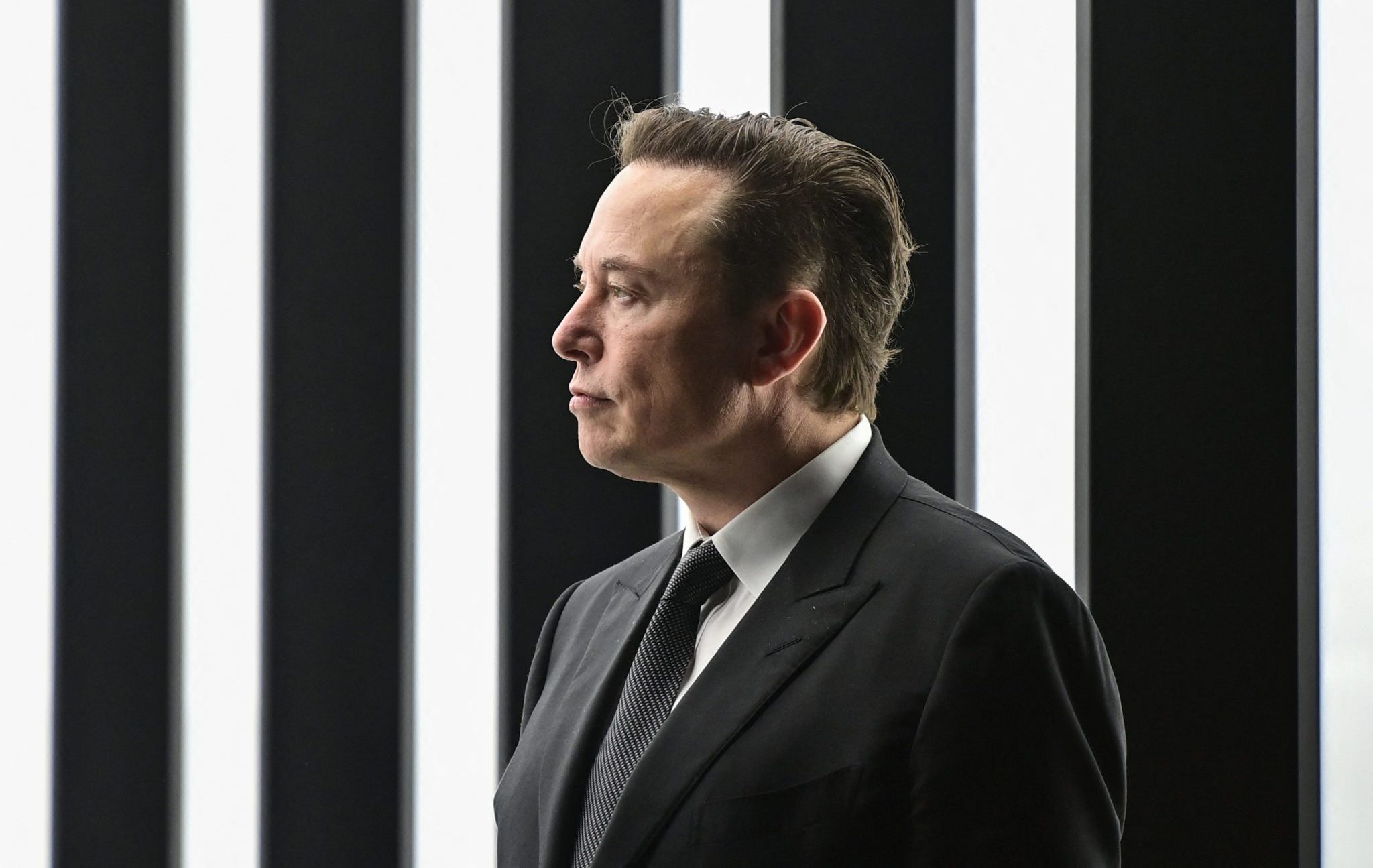Can Elon Musk Save Free Speech Online?

Elon Musk, the world’s richest man and most interesting CEO, wants to save democracy. And he is putting his money where his mouth is. A federal securities filing on Monday revealed that Musk has taken a 9 percent stake in Twitter, making the Tesla boss the social-media giant’s single largest shareholder. The move followed several tweets over the past few months in which Musk hinted he is unhappy with the state of free speech on the platform.
Most recently, he tweeted a poll in which he proposed that “free speech is essential to a functioning democracy” and asked his 80 million followers whether they “believe Twitter rigorously adheres to this principle.” Seventy percent of respondents voted in the negative. Add Musk’s general tendency to defy various liberal orthodoxies, and it’s no wonder some free-speech advocates are jubilating.
But conservatives, and others who have faced Big Tech censorship, might hold the hosannas. After all, faith in the genius or benevolence of market actors like Musk is what got us here in the first place. Twitter censorship is ultimately a structural and political problem, and such problems demand political solutions.
Now, I should start by admitting that I have underestimated Musk in the past. About four years ago, I wrote a column for Commentary under a headline of my own composition, “Crazy Rich Charlatans,” which at the time I thought very clever indeed. In it, I used the occasion of Musk’s smoking a joint with Joe Rogan to suggest that his success was owed almost entirely to his ability to play to the American business class’s psychic yearning for an Eccentric Visionary type—one financially and technologically dedicated to solving climate change, no less.
This was around the time of Musk’s ill-fated boasts about taking Tesla private, which had sent shares tumbling (only to recover spectacularly in the coming years). “Musk,” I wrote then, “embodied the ideological proposition that no modern problem eludes solution by noble-minded technocratic elites. The market, it turns out, was as prone to magical thinking as any of the rest of us.”
That was wrong. Clearly, I’m no business guru, and on the off-chance Musk is a reader of The American Conservative, I offer him my apologies. He is clearly no charlatan.
It doesn’t take a keen sense for “chasing alpha,” however, to determine whether Musk can save freedom of speech online and democracy just by staking out the right positions in his astronomically large stock portfolio. Of course, one wishes that were true, and it is certainly better than not for a dogged critic of Twitter’s censorious practices to have a major seat at the Twitter table. But sober analysis gives the better of the argument to skeptics like the independent journalist Glenn Greenwald, who tweeted, “The messaging control Twitter now ensures is too important to DC power centers to let it go without a huge fight. I doubt even Elon Musk could just convert it back into a free-speech platform without some major war.”
Indeed, Twitter and Facebook started out as “free-speech platforms.” Before Musk, there were Jack Dorsey and Mark Zuckerberg, men with even bigger stakes in their respective firms and committed to using technology to smash the old gatekeepers of public discourse. That was in the heady early days of these social-media platforms, when all but a few cynics (such as the prophetic leftist writer Evgeny Morozov) hailed the technology’s “liberatory” potential. Social media, we were told, would empower activists and “citizen-journalists” the world over, toppling autocratic regimes and holding accountable brick-and-mortar institutions in democratic societies.
Somehow, we ended up with today’s platforms, with their periodic purges of wrong-thinkers (including a U.S. president), their obnoxious and ideologized “fact-checking” mechanisms, and their abuse of the threat of misinformation to silence news-breakers and whistleblowers. Not least the New York Post, the nation’s oldest daily paper, which had its content banned and its Twitter account suspended for reporting what the prestige press now unanimously confirms was true: Hunter Biden traded on his paternal connections to enrich his family.
So what happened? The answer isn’t complicated. There is a power structure in this country—a tangle of private capital, managerial interests, and governmental authority—and that power structure has become supremely adept at seeing off potential challengers.
One free-speech-defending owner here or there won’t alter this structural dynamic; media, including social media, will always reflect the social and political balance of forces. We should of course wish Musk well. But starting with enforcement of this nation’s venerable antitrust laws, and reform of the legal architecture that permits Big Tech firms to act as censorious publishers without any of a traditional publisher’s liability, the surer path to online free speech runs through power politics, not stock-market positions.
Comments